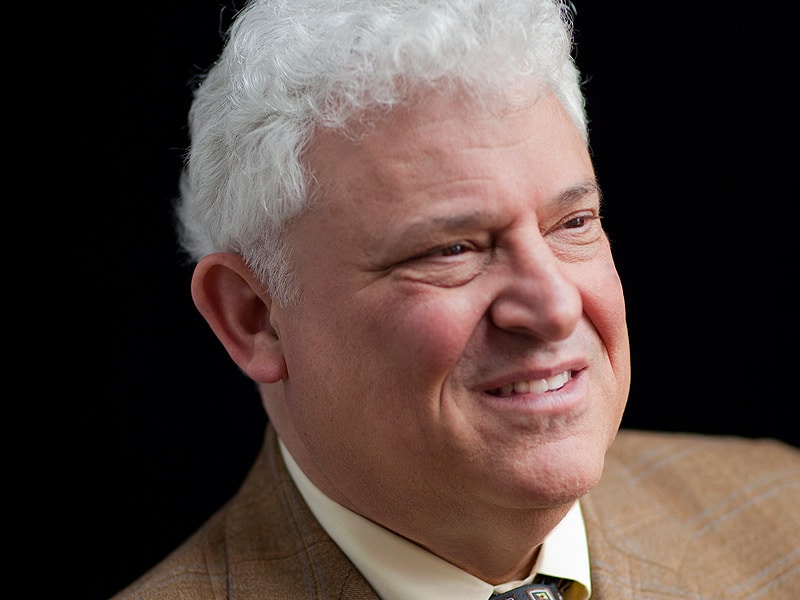This transcript has been edited for clarity.
I’m Art Caplan at the New York University Division of Medical Ethics at the Grossman School of Medicine. Technology in genetics is creating a whole new world where many people undergo tests to determine whether they’re at risk for disease.
There has been a big utilization of informal commercial genetic testing. We all know about 23andMe and other companies that will send you kits and send you back information about your genealogy, trying to determine whether you are Ethiopian or Welsh using DNA markers. Many people are also getting health information.
Putting that aside, what 23andMe is doing unexpectedly is allowing people to trace back paternity. You can put information in from your test results and find out who else might have a biological marker related to you or a genetic profile related to you, whether the people who are related to you know that and whether they want to hear from you.
In a particularly contentious ethical area, many people are finding out that they were created not by their parents they think they have, but by biological donors of sperm, eggs, or embryos that they didn’t know about or hadn’t been told about. There have been instances in which they were created through artificial insemination or egg donation.
Worse, some people are finding out that the individual who was used as their artificial sperm donor turned out, in fact, not to be an anonymous donor, which their mom and dad might have been promised, but the fertility doctor who secretly used his own sperm to create the embryos that ultimately produced the children. Cases are popping up in New Jersey, Vermont, and other states where children who were created decades ago are using 23andMe and finding out that the fertility doctor was their dad, which is something they never knew.
Among the obvious questions that come up, is it right for these people to be able to track back to who secretly created them and lied to their parents about where the sperm was coming from? Should those doctors be penalized?
Let’s take on the second question first. Yes, they should be held accountable. Even 20, 30, or 40 years ago, ethics was clear that you had to have informed consent with full disclosure about who the identity would be of a sperm donor. If a doctor came in and said it’s an anonymous source — most likely a medical student — and didn’t reveal that it was the doctor himself, then they should be held accountable for that violation of trust. In some cases, this is being described as “medical rape” — that is, having an intimate relationship without disclosing your identity and forcing reproduction on someone unwillingly.
I’m not sure that we could debate that description, but it is clear to me that if you lie, you deceive, and also you put people at risk because it isn’t clear whether the doctors who use their own sperm screen themselves or have their own genetic health problems or how often they did it, creating the potential in some small communities for incest. They ought to be held accountable. We should be ready to prosecute. We should be ready to penalize, even though these things happened many decades ago.
As far as anonymity, many sperm and egg donors today may be getting promises of anonymity if they donate. I have to say, whether we like it or not, the technology is out there and widely available so it’s going to be impossible to protect anonymity. The more genetic knowledge we have, the more genetic testing becomes routine, and the more commercial genetic testing spreads around the world, the more difficult it will be to prevent people from finding out who their biological relatives or biological parents might be.
We could protest it. We can complain about it. It’s too late. That horse is way out of the barn. We have to live in a world where if we’re going to have anonymous sperm, egg, or embryo donation, we better be pretty clear that it’s unlikely we’ll be able to protect identities in the long run. That’s just the way that is.
I’m Art Caplan at the Division of Medical Ethics at the New York University Grossman School of Medicine. Thank you very much for watching.
Arthur L. Caplan, PhD, is director of the Division of Medical Ethics at New York University Langone Medical Center and School of Medicine. He is the author or editor of 35 books and 750 peer-reviewed articles as well as a frequent commentator in the media on bioethical issues.
Follow Medscape on Facebook, Twitter, Instagram, and YouTube

